Cultivating Joy Takes Work: 3 Ways to Turn Happiness Into a Habit
 Although some people are starting to test the waters of public life again, planning vacations and socializing more, others may still have lingering signs of what psychologists call languishing. They may feel an emptiness or dissatisfaction in day-to-day life. Or feel like they’re stuck in weariness or stagnation. Read more ›
Although some people are starting to test the waters of public life again, planning vacations and socializing more, others may still have lingering signs of what psychologists call languishing. They may feel an emptiness or dissatisfaction in day-to-day life. Or feel like they’re stuck in weariness or stagnation. Read more ›

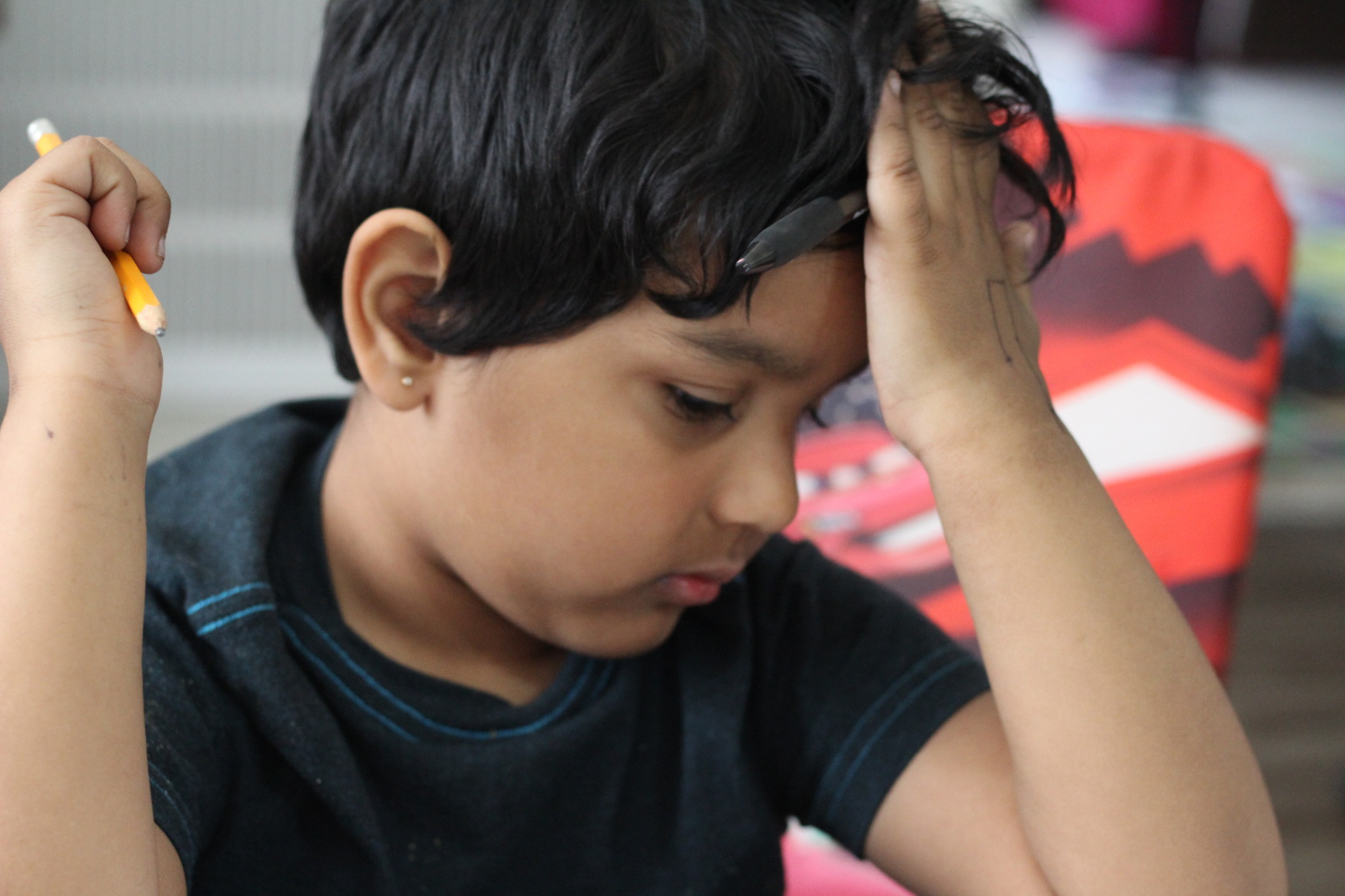
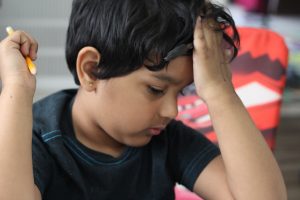 The pandemic has raised concerns about the way stress is affecting kids. Even though the word ‘trauma’ is on a lot of worried adults’ minds these days, information about it is wide-ranging and can leave people feeling unsure about what to do next.
The pandemic has raised concerns about the way stress is affecting kids. Even though the word ‘trauma’ is on a lot of worried adults’ minds these days, information about it is wide-ranging and can leave people feeling unsure about what to do next. 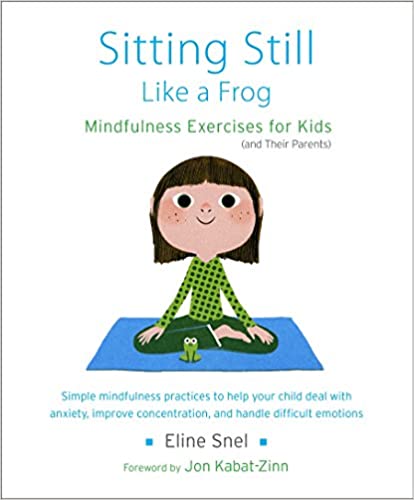
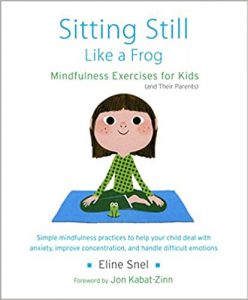

 First 5 California
First 5 California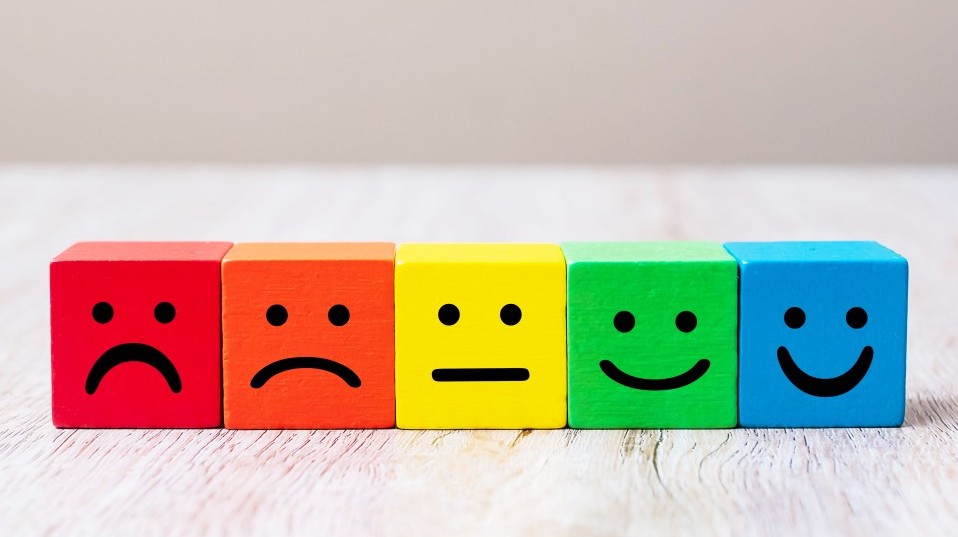
 Being social and making friends isn’t always easy. Relationships have many subtleties. But people with autism spectrum disorder, or ASD, struggle more than most. For them, communicating with others can be very difficult.
Being social and making friends isn’t always easy. Relationships have many subtleties. But people with autism spectrum disorder, or ASD, struggle more than most. For them, communicating with others can be very difficult. 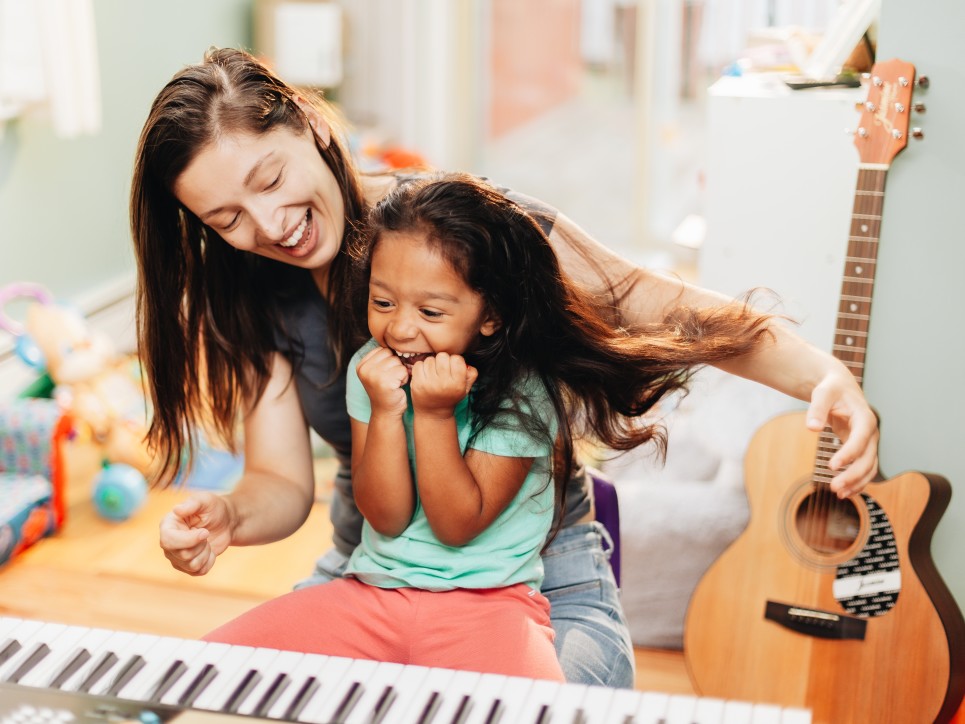
 Music classes can serve as a way to help students develop social-emotional learning skills, and activities that build these tools can be introduced into classrooms as early as preschool,
Music classes can serve as a way to help students develop social-emotional learning skills, and activities that build these tools can be introduced into classrooms as early as preschool, 
 As students return to the classroom after over a year of remote and hybrid learning, loss and trauma are ongoing themes. As many as 43,000 children have lost a parent to Covid-19. Lockdowns and quarantine meant social isolation, which has resulted in increases in depression and anxiety in children and adolescents.
As students return to the classroom after over a year of remote and hybrid learning, loss and trauma are ongoing themes. As many as 43,000 children have lost a parent to Covid-19. Lockdowns and quarantine meant social isolation, which has resulted in increases in depression and anxiety in children and adolescents. 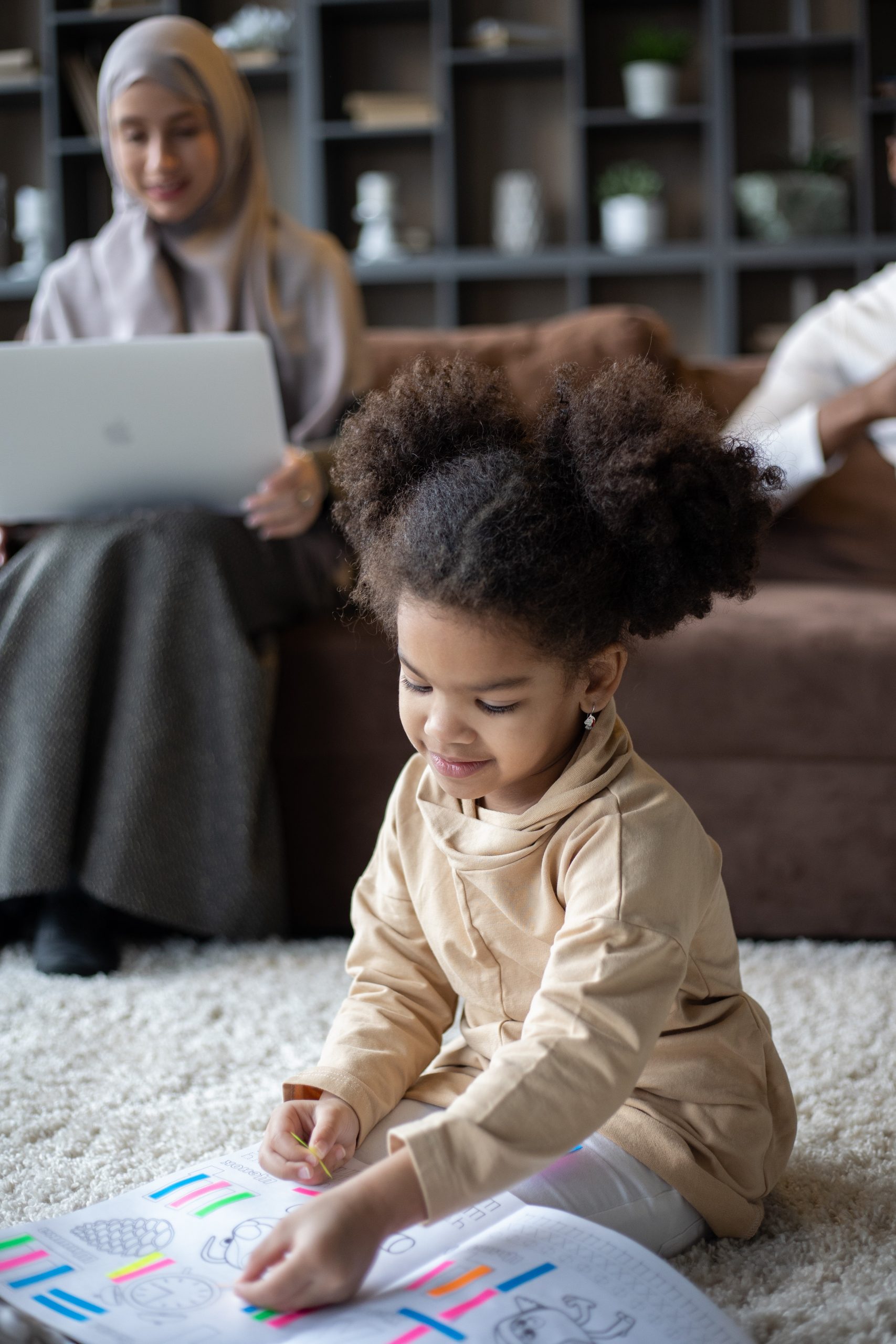
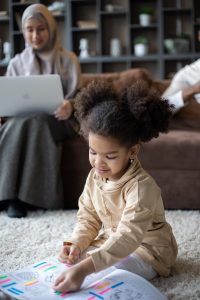 At its heart,
At its heart, 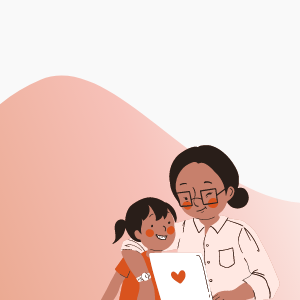
 What is cultural humility and why does it matter? As parents, we are our children’s first teachers. It is from us that our kids learn how to be accepting and respectful of those from diverse backgrounds.
What is cultural humility and why does it matter? As parents, we are our children’s first teachers. It is from us that our kids learn how to be accepting and respectful of those from diverse backgrounds.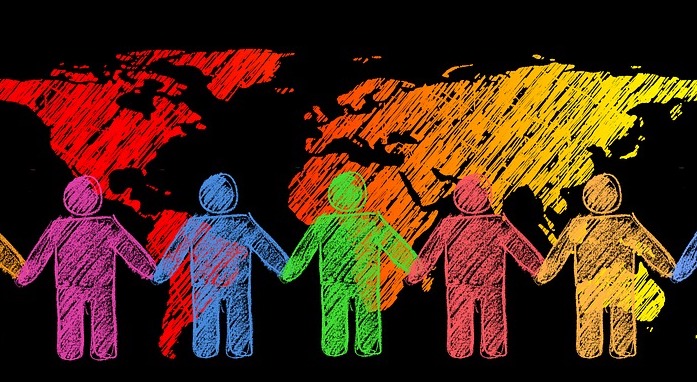
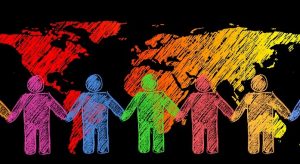 Many minority households routinely have open discussions about racial issues and how they impact their daily lives. White families, on the other hand, sometimes are uncomfortable with such discussions even amid news coverage related to systemic racism and the Black Lives Matter movement. Johns Hopkins All Children’s pediatric
Many minority households routinely have open discussions about racial issues and how they impact their daily lives. White families, on the other hand, sometimes are uncomfortable with such discussions even amid news coverage related to systemic racism and the Black Lives Matter movement. Johns Hopkins All Children’s pediatric 

